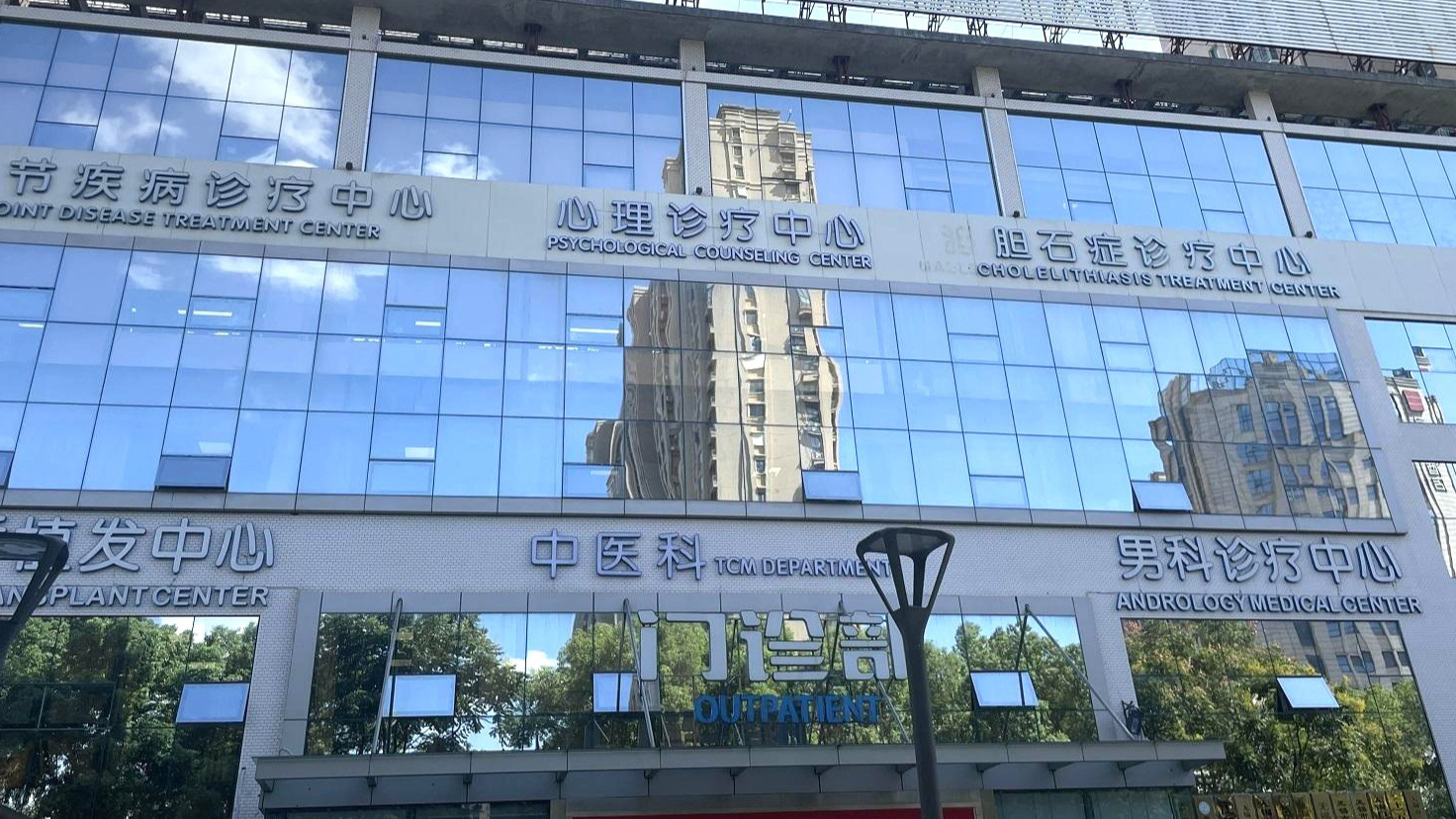
Hongqiao Hospital in Wuxi, Jiangsu Province, China in the case of falsifying medical records to defraud health insurance - Photo: CCTV
Recently, at a hospital designated to treat patients with health insurance in Jiangsu province, a doctor repeatedly reported to the authorities that his hospital had falsified medical records to defraud and profit from insurance money, leading to 15 people being criminally prosecuted.
The incident caused a stir in public opinion and was also mentioned in a press conference on September 27 by the National Health Insurance Administration of China when they issued the above new guidelines.
Violations will result in points being deducted and penalties being imposed.
Since the 18th National Congress of the Communist Party of China, the country's leadership has attached great importance to the supervision of the health insurance fund and issued a series of important decisions and basic guidelines for carrying out this supervision work.
According to new guidelines jointly issued by the National Medical Insurance Administration, the National Health Commission and the National Food and Drug Administration of China on Thursday,
China will now step up supervision of staff at designated medical institutions providing health insurance services as well as pharmacy owners, starting September 27.
Similar to the national point system used for driver’s licenses, health care workers who are found to have engaged in dishonest or illegal behavior will have their points deducted. Minor violations will result in a deduction of 1-3 points, while the most serious violations will result in a deduction of 10-12 points.
If a total of nine points are deducted in a year, violators will face a penalty: a suspension of their "health insurance payment eligibility" for one to six months, meaning they will not be reimbursed for expenses incurred when using health care services (except first aid and emergency services).
A person who has a total of 12 points deducted in one year will have their "insurance payment eligibility" terminated and will not be allowed to re-register for one or three consecutive years (depending on the specific case).
If "health insurance payment eligibility" is suspended or terminated at one medical facility, corresponding measures will be applied at other medical facilities. Once points are deducted, information will be shared nationwide.
Officials from China's National Health Insurance Administration pointed out that the abuse of health insurance funds in the country remains serious despite increased supervision in recent years.
The new mechanism is aimed at strengthening penalties for violators and effectively limiting the abuse of health insurance funds.
China issued the guidance as it has discovered more than 2.2 billion yuan (about 313.83 million USD) in suspected violations of relevant regulations by health insurance funds this year.
At a press conference on September 27, the National Health Insurance Administration of China revealed that this year it had conducted surprise inspections of more than 500 medical institutions designated to participate in the health insurance program in all provincial-level regions.
Yan Qinghui, deputy head of the National Health Insurance Administration, said 111 medical institutions were found to have committed insurance fraud. Authorities recovered 13.66 billion yuan ($1.94 billion) in misused funds from January to August this year.
Hospital closed for fraud
Chinese authorities say the current situation of supervision and management of health insurance funds in the country is still very complicated. The most notable recent case is the "insurance fraud at Hongqiao Hospital" in Wuxi City, Jiangsu Province.
At a press conference on September 27, this hospital was mentioned by Yan Qinghui, Deputy Director of the National Health Insurance Administration of China.
According to China Central Television (CCTV), a radiologist named Zhou Chenggang at Hongqiao Hospital reported that his hospital falsified medical records for people who had never had a CT scan to defraud insurance money.
Accordingly, the hospital system has a number of medical records of people who have never had a CT scan but have had diagnoses based on images. Mr. Chu also discovered many cases of magnetic resonance imaging (MRI) within 1 minute of the previous MRI scan.
This is impossible, because according to Dr. Chu, it normally takes at least 10 - 15 minutes for the machine to complete an MRI scan of the lumbar spine.
According to Thepaper.cn, over the past six months, Dr. Zhou Chenggang has repeatedly reported violations to the Wuxi City Health Insurance Bureau using his real name.
On September 24, the department issued a notice stating that Hongqiao Hospital's responsibility in the insurance fraud case had been basically confirmed.
The hospital's status as a designated health insurance facility was revoked. A total of 15 people, including the hospital's legal representative and director, were criminally prosecuted and the private hospital has now been closed.
Who will be supervised?
China's National Health Insurance Administration said that under the new guidelines, there will be mainly two groups under closer supervision: first, relevant hospital staff, including medical professionals, nurses and technical staff providing medical services, as well as staff in charge of medical expenses and medical insurance payment review.
The second is the designated retail pharmacy manager, i.e. the manager on the drug business license.
Source: https://tuoitre.vn/trung-quoc-them-co-che-chong-gian-lan-bao-hiem-tai-benh-vien-20240928233914395.htm


![[Photo] Opening of the 13th Conference of the 13th Party Central Committee](https://vphoto.vietnam.vn/thumb/1200x675/vietnam/resource/IMAGE/2025/10/6/d4b269e6c4b64696af775925cb608560)
![[Photo] Prime Minister Pham Minh Chinh launched a peak emulation campaign to achieve achievements in celebration of the 14th National Party Congress](https://vphoto.vietnam.vn/thumb/1200x675/vietnam/resource/IMAGE/2025/10/5/8869ec5cdbc740f58fbf2ae73f065076)


![[Photo] Prime Minister Pham Minh Chinh chairs the Government's online conference with localities](https://vphoto.vietnam.vn/thumb/1200x675/vietnam/resource/IMAGE/2025/10/5/264793cfb4404c63a701d235ff43e1bd)


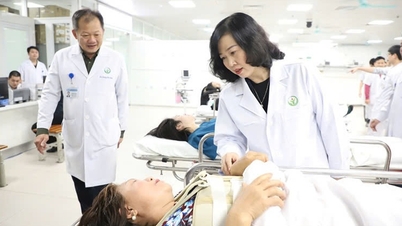

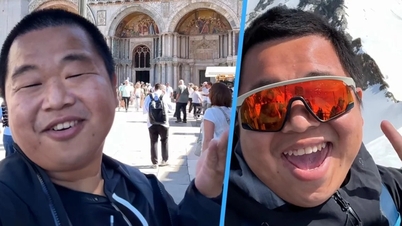

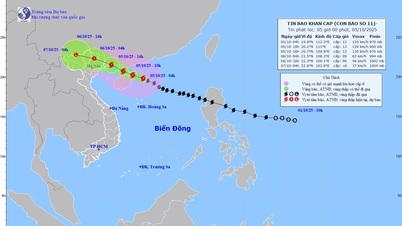

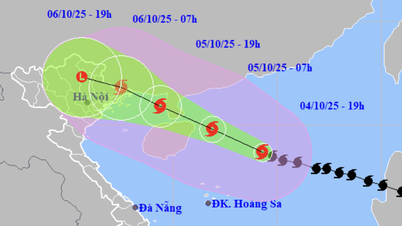
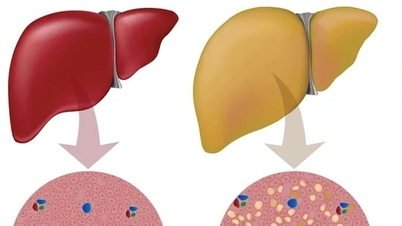

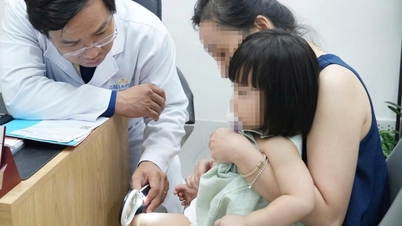


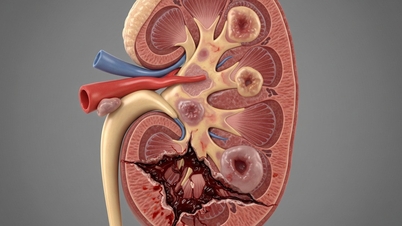

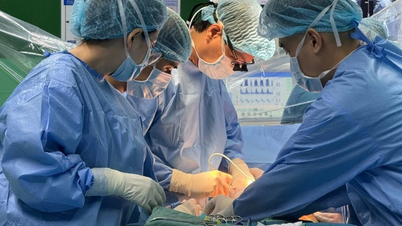
































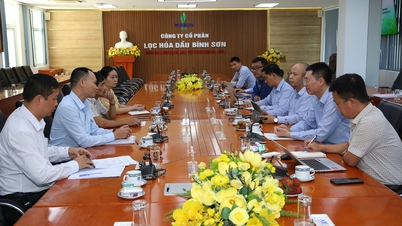







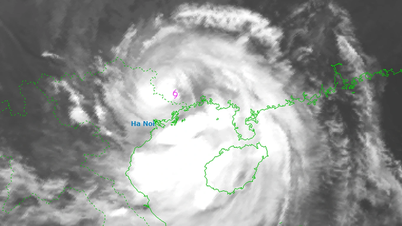
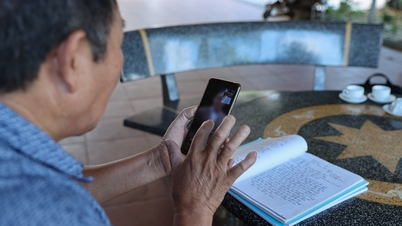






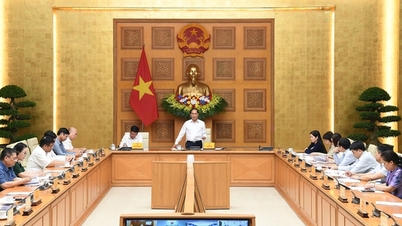



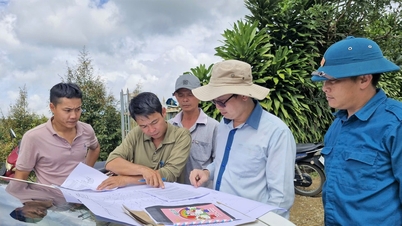






















Comment (0)